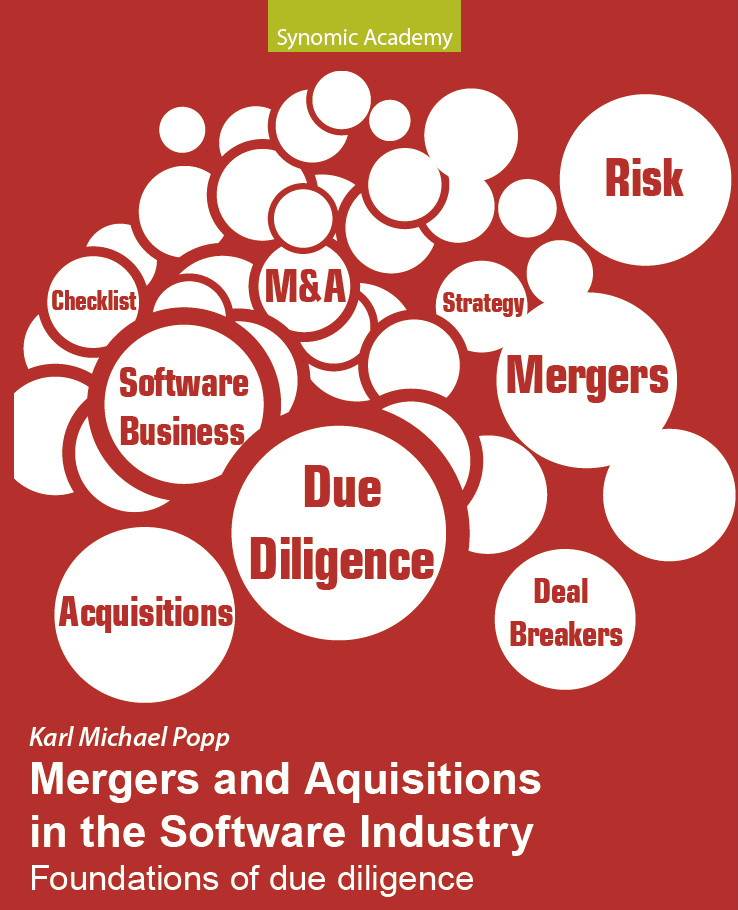Intellectual property-based financing: An overview
This blog is in the Top 25 M&A blogs worldwide according to Feedspot
Here's an overview of intellectual property-based financing, focusing on the options available to businesses and how patents can help in creating a good valuation.
What is Intellectual Property-Based Financing?
Intellectual property (IP)-based financing allows businesses to use their intellectual property assets—such as patents, trademarks, and copyrights—as collateral or leverage to secure funding. This can be particularly beneficial for startups or firms that have valuable IP but lack physical assets.
Options for IP-Based Financing
1. IP-Backed Loans
Description: Businesses can secure loans by using their IP assets as collateral. Lenders evaluate the worth of the IP before granting the loan.
Advantages: Provides access to capital without diluting ownership. Also, it encourages innovation by allowing patentees to monetize their inventions.
2. Royalty Securitization
Description: This involves packaging future royalty streams from IP into securitized assets which are then sold to investors.
Advantages: Converts future income into immediate capital, and it's helpful in diversifying income sources.
3. IP Sale or License Agreements
Description: IP holders can sell or license their patents to generate immediate cash flow.
Advantages: Provides a substantial source of revenue and allows focusing on core business operations.
4. Investment Funds Focused on IP
Description: Special funds that invest in IP-rich companies, helping them leverage their IP for better financial outcomes.
Advantages: Provides a platform for strategic partnerships and typically brings industry expertise alongside funding.
5. IP-Exchange Platforms
Description: Platforms where IP can be traded like stocks. Companies can buy, sell, or license IP assets.
Advantages: Offers liquidity for IP assets and can be an efficient way to access new technologies.
How Patents Enhance Valuation
Patents play a crucial role in determining a firm's market value, as they protect unique inventions and processes.
Protection and Exclusivity: Patents grant exclusive rights to inventors to use and commercialize their innovations, preventing competitors from exploiting these innovations.
Market Differentiation: Holding a patent allows a business to stand out in a crowded market, enhancing its brand equity and potentially leading to higher valuations.
Attractiveness to Investors: A strong patent portfolio can lure investors looking for companies with secured competitive advantages and the potential for long-term profitability.
Conclusion
Choosing the right IP-based financing option requires careful consideration of the business's needs and the specific benefits each method offers. Patents, when leveraged appropriately, can significantly boost a company's valuation, making them an essential asset for strategic financial planning.
Are you interested in IP-based financing, sign up below and we will get back to you.
This relates to my new book “Automation of Mergers and Acquisitions“.









